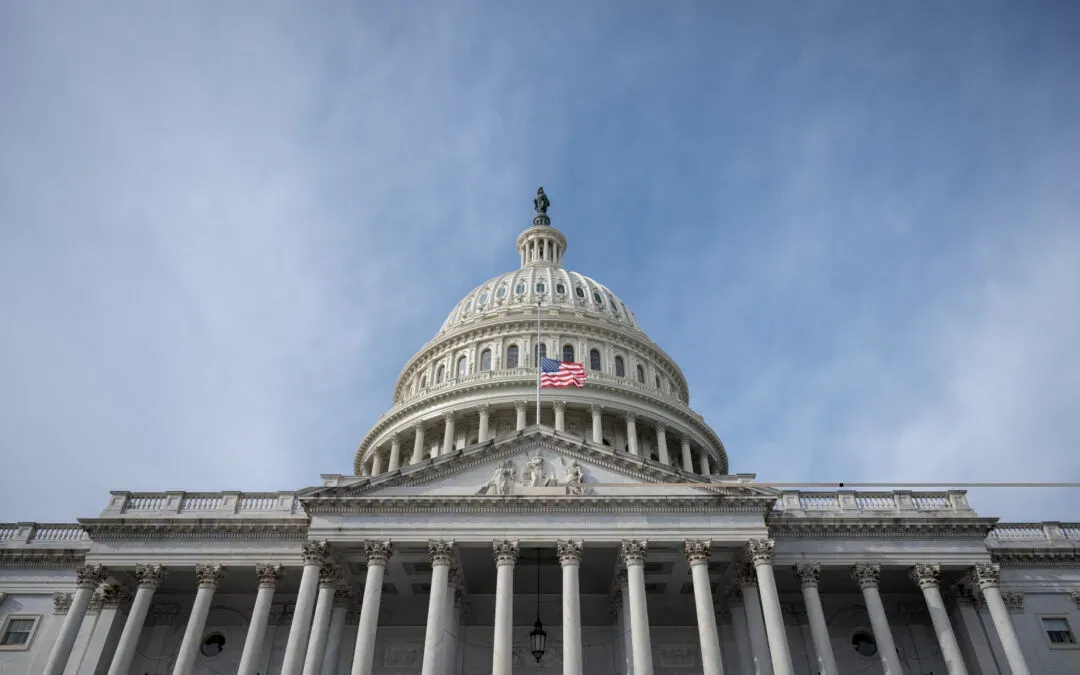California Legislation Would Codify FCC's New Digital Discrimination Rules
California spearheads fight against digital discrimination from city councils to state legislation.
Jericho Casper

February 8, 2024 – Legislation introduced Wednesday would make California the first state in the nation to codify the Federal Communication Commission’s newly adopted definition of digital discrimination into state law.
“Despite significant public investments aimed at bridging the digital gap, communities of color with low income continue to be disproportionately disconnected, left on the unfavorable side of the digital divide,” said Assemblymember Mia Bonta, D-Oakland, who introduced AB 2239 in the state legislature, in a press release.
She added it is imperative to dismantle policies and practices exacerbating this enduring inequality, even if unintentional.
The legislation comes on the heels of a resolution by 60 House Republicans aimed at thwarting the FCC’s new digital discrimination regulations at the federal level, introduced just a week prior.
The FCC was required by the Infrastructure, Investment and Jobs Act to adopt rules preventing gaps in broadband access based on race, income, and other characteristics.
The FCC’s new rules adopt a “disparate impact” standard for identifying digital discrimination, meaning broadband providers could be in violation even if they are not intentionally withholding adequate internet from a protected group.
These federal rules, adopted by a 3-2 split vote in November, are set to take effect in March. The rules were adopted following a multi-year rulemaking process during which the FCC received and engaged extensive formal input from digital equity advocates, industry stakeholders, and others.
The recently introduced legislation coincides with the unanimous approval by the Los Angeles City Council of the nation’s first city-level digital discrimination policy. Councilmember Marqueece Harris-Dawson who authored the motion noted, “this work is in response to the California Community Foundation and Digital Equity LA Coalition report titled ‘Slower and More Expensive;’” in an email announcing the motion’s passage.
That report revealed that internet service providers “systematically offer worse service – slower, delivered over older technology – to low-income communities at the same price that they offered fast, reliable service to higher-income communities.”








